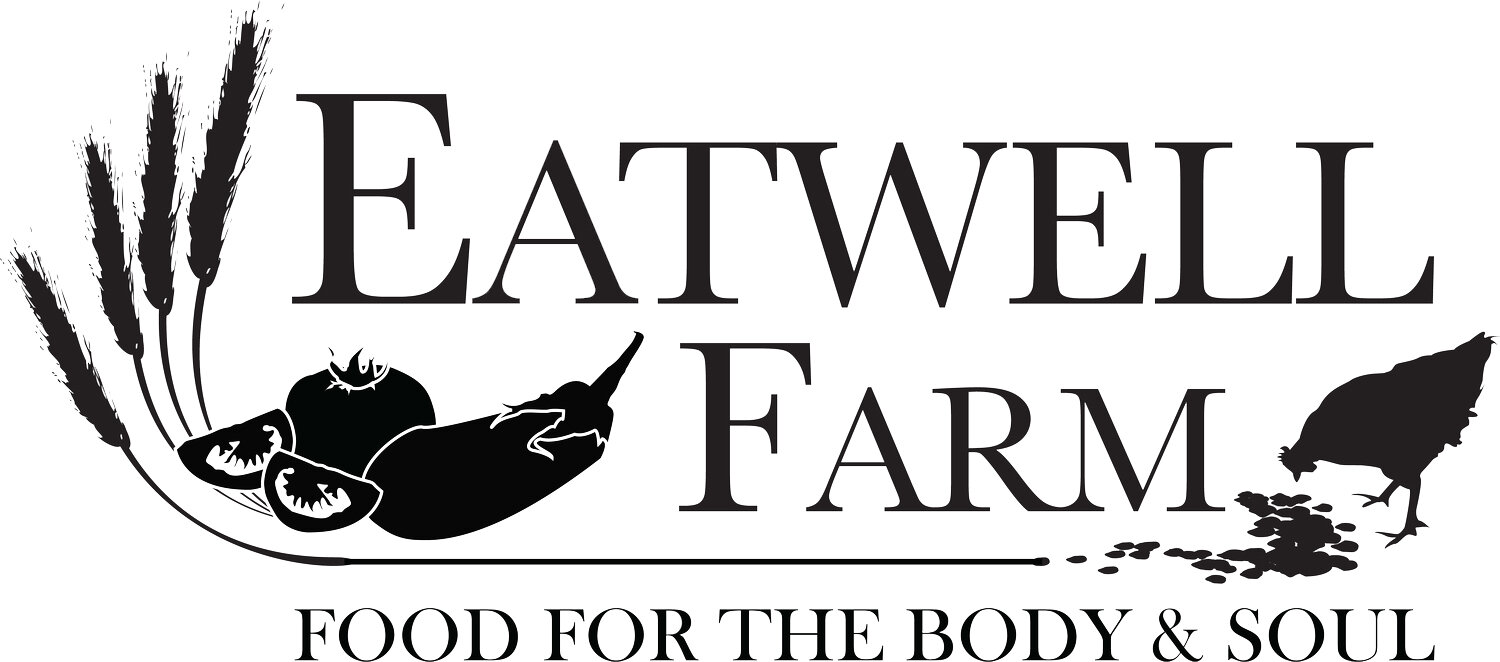We are certified organic by California Certified Organic Farmers (CCOF—http://www.ccof.org). Our certificate number is YO 904. In light of the recent problems with the certification of organic fish fertilizer, it is time to explain what organic certification means to us.
Firstly, I farm the way I do because I believe in it. I have always farmed organically and would not farm any other way. The reason I go through the process and considerable expense ($3,000+ per year) to certify the farm is to reassure you, our customers, and because I do wholesale some tomatoes and lavender products. Some of this type of customer demand certification.
Each year we are inspected by CCOF. They make an appointment, and it usually takes 3-4 hours. They can also inspect us unannounced at any reasonable hour. Each year a certain percentage of all inspections are done this way. I have had only one like this, and that was five years ago. The inspector goes through an interview process with me. I produce records and receipts to answer her or his questions. Some inspectors like to go through our accounts files—they can look at anything they want to and can go anywhere on the farm. Once the paperwork is complete, the real inspection takes place—a walk around the farm.
When I was farming in England in the late 80s, I did a few inspections for the Soil Association (the British certification agency). Due to this experience, I would like to think I would be able to see signs of chemical pesticide/herbicide use. I never found any problems. My last inspector of this farm said he has only caught one person cheating. The alleged spiking of organic fish fertilizer with chemical nitrogen must have been done very well. I have heard that there were underground tanks of chemical fertilizer.
For some customers the fact that we are certified is important, these are mostly new to the farm. Once people have visited the farm on one of our member open days I believe the need to be certified is much diminished. I can see the day when we may possibly not need to pay for the certification. Currently our eggs are not certified as 40% of their feed is wheat organically grown by us on a transitional field. These eggs sell well because we show people how we produce them and they taste really good. I would like to think our customer trust our organic integrity whether or not we are certified or not.
